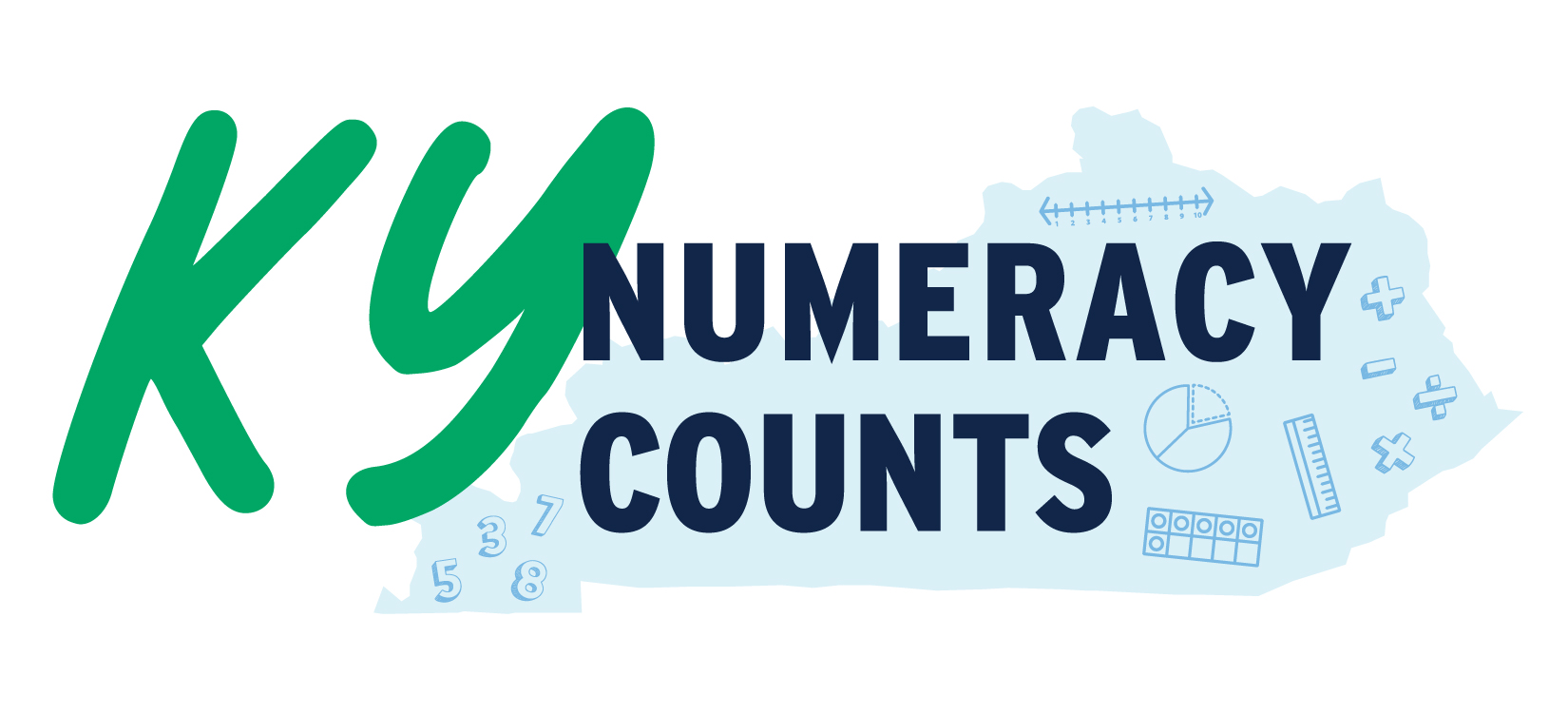
- Within the resolution, the KBE cites a history of racial inequity in the Commonwealth’s public schools which have led to significant achievement gaps.
- The KBE voted to provide additional flexibility to Kentucky school districts in the form of two emergency administrative regulations.
By Jacob Perkins
Jacob.perkins@education.ky.gov
The Kentucky Board of Education (KBE) unanimously approved a resolution affirming its commitment to racial equity in Kentucky’s public schools during a special meeting on July 10.
“The vision of the Kentucky Board of Education is to ensure that each student is empowered and equipped with the knowledge and skills to be successful in a complex and competitive world,” KBE Chair Lu Young read from the resolution.
Within the resolution, the KBE cites a history of racial inequity in the Commonwealth’s public schools which have led to significant achievement gaps.
“Even with the progress we have made in recent decades with increases in achievement overall, there has been no significant reduction in closing such gaps between racial groups. In fact, in some school districts gaps have widened,” said Young.
The resolution states that every student in the Commonwealth deserves equitable access to excellent educators who have unique experiences and perspectives, quality preparation and are committed to the success of all learners.
However, the initiatives that promote the development of a teaching population that reflects the makeup of the student population have fallen woefully short, said Young.
According to the Kentucky School Report Card, Kentucky’s African-American teacher workforce during the 2018-2019 school year was a mere 3.33%. That percentage is noticeably low when compared to Kentucky’s African-American student population at 10.6%.
Through this resolution, the board asks the Kentucky General Assembly to recommit to the provisions of KRS 161.165 which outlines the importance of diversifying the teacher workforce by restoring funding for programs like the Kentucky Academy for Equity in Teaching.
The board encourages education leaders across Kentucky to examine policies, procedures and funding decisions to ensure children of every race have equal access to educational opportunities.
“We urge district leaders to think unconventionally and innovatively to serve all students because conventional methods clearly have not yielded the results we need,” said Young.
Aaron Thompson, an ex officio KBE member and president of the Kentucky Council on Postsecondary Education, told the board the resolution cannot be a reactionary measure. Rather, he said it needs to be a proactive way the board goes about its business.
“This is not just about diversity. This is not just about inclusion and equity. This is about the core values of this state, what we stand for and how we then look at ourselves as we move into the future to become a better Kentucky and a more whole Kentucky,” said Thompson.
While the resolution was unanimously approved, board member Alvis Johnson made it clear before the vote that he would abstain from voting if he felt the board wasn’t truly committed to the resolution.
“I can vote for this if we as a board are serious about taking every opportunity we can to encourage our new commissioner to implement those things down the road that’s going to help us achieve the equity and to eliminate racial prejudice and injustice that all of us know still exist in our state,” he said.
During the June 3 KBE meeting, Lt. Gov., Secretary of the Education and Workforce Cabinet and ex officio KBE member Jacqueline Coleman asked board members to work with the Kentucky Department of Education (KDE), in partnership with schools and students across the state, to explore implicit bias training and resources for students, teachers and school leaders.
Interim Education Commissioner Kevin C. Brown reassured Johnson that not only will this training take place in Kentucky’s schools, but it also will be required by employees at the department.
Brown added that this will be a series of trainings rather than a one-time obligation.
District Flexibility
Also during the July 10 meeting, the KBE voted to provide additional flexibility to Kentucky school districts in the form of two emergency administrative regulations.
The first, an amendment to 702 KAR 7:125, gives school districts the ability to provide and receive funding for a variety of instructional delivery models to meet the needs of their students and communities during the 2020-2021 school year in light of continued COVID-19 risks and necessary prevention measures.
These models include traditional in-person instructional days, periods of complete virtual learning through non-traditional instruction (NTI) and days of blended in-person and NTI delivery.
The amendment will temporarily suspend the collection of student attendance data for funding purposes. In its place, it establishes a process for collecting student participation and requires the reporting and publication of district student participation rates to KDE and the Legislative Research Commission.
“We need to remember always that the purpose of participation is the engagement of the student, the interaction between the teacher and the student,” said David Cook, KDE’s director of innovation and coordinator of the NTI Program. “… It is not the determination of the quality of work the student did.”
Grading still will be the determination of the quality of work completed by the student, said Cook.
Additionally, the amendment defines NTI and allows the commissioner of education to grant an unlimited amount of NTI days as was permitted for the 2019-2020 school year by Senate Bill 177 (2020).
The NTI Program began as a pilot in 2011, then as a statewide program in the 2014-2015 school year. Before the COVID-19 pandemic, districts that were enrolled in the program were allowed up to 10 NTI days per year. These days were used when in-person classes were canceled due to inclement weather or widespread illness, like the flu.
After extending the deadline to apply for the NTI Program for the next school year to June 15, every Kentucky district has now submitted its application, according to Cook.
The second administrative regulation approved by the board, an amendment to 702 KAR 3:270E, temporarily suspends statutes that calculate school funding based on in-person average daily attendance during the upcoming school year.
KDE Associate Commissioner Robin Kinney explained to the board the Support Education Excellence in Kentucky (SEEK) funding formula for the 2020-2021 school year.
Under normal circumstances, SEEK funding is awarded based on in-person attendance data, said Kinney. Because of the pandemic and the switch to NTI, SB 177 (2020) allowed districts to choose whether they wanted to use attendance data from the 2018-2019 or the 2019-2020 school year for 2019-2020, as the 2018-2019 data may be a more accurate reflection for the district.
With the approval by the board, that option will continue into the 2020-2021 school year, thus providing districts more predictability in their funding to ensure preparedness.
To provide additional support to Kentucky’s school districts, KDE’s Office of Career and Technical Education proposed a waiver of section 5(2) of administrative regulation 705 KAR 2:140.
Provisions within Section 5 of this administrative regulation require KDE to notify a local school district by June 30 of each year of its tentative allocation for locally operated area vocational centers (LAVEC) for the following school year.
Pursuant to this requirement, KDE has provided all 43 of the currently funded LAVECs with their 2020-2021 tentative allocations. The regulation then requires that final allocations shall be determined by January 1, based on current year full-time equivalent enrollments with adjustments made for new programs.
With the approval of the waiver by the KBE, funded school districts will receive their June 30 allocation for the entire 2020-2021 year, with no mid-year adjustment. The waiver eliminates LAVEC budget uncertainties for the 2020-2021 academic year and allows school districts to know their final budget before the start of the school year.
“Due to the uncertainties around class sizes and everything, we would feel more comfortable giving the school a better sense of what they’re budget is going to be before the school year,” said Kiley Whitaker, assistant director in KDE’s Division of Technical Schools and Continuous Improvement.
And finally, the KBE announced Jason Glass will be the next commissioner of KDE.
A native Kentuckian, Glass grew up in Brandenburg in a family deeply involved in Kentucky public education.
He has been serving as superintendent and chief learner for Jeffco Public Schools in the metro Denver area since 2017. Prior to that, he served as the superintendent of Eagle County Schools in Colorado and as Iowa’s Director of Education, serving as the chief state school officer from 2010 to 2013.
Read a profile of Glass on Kentucky Teacher.




Leave A Comment